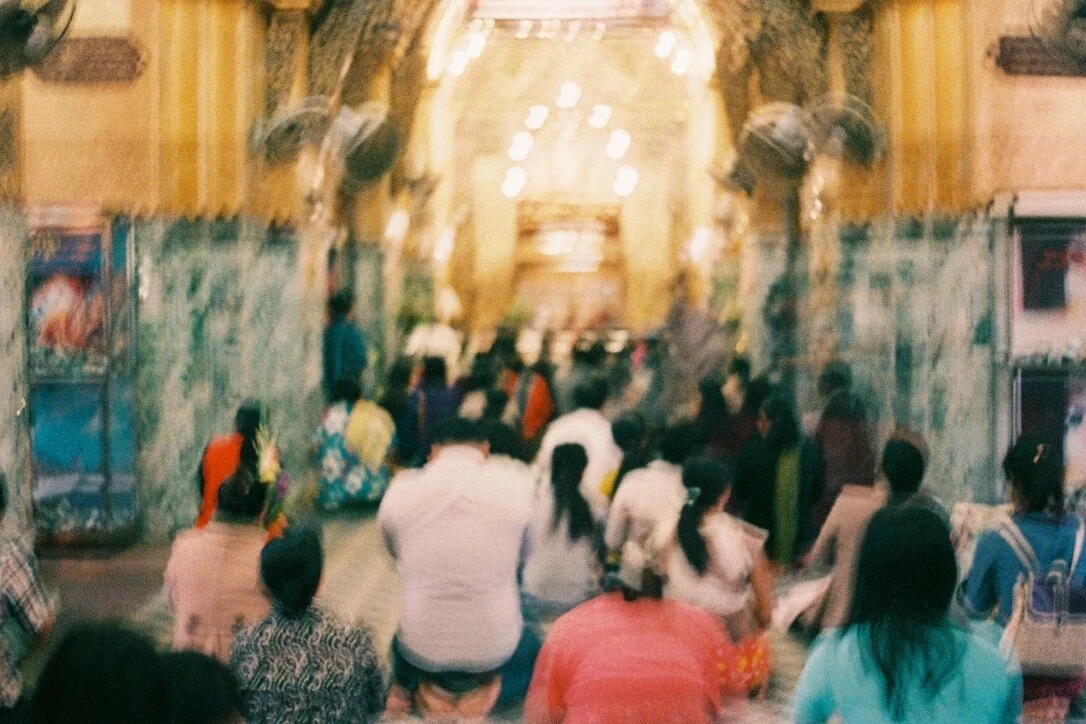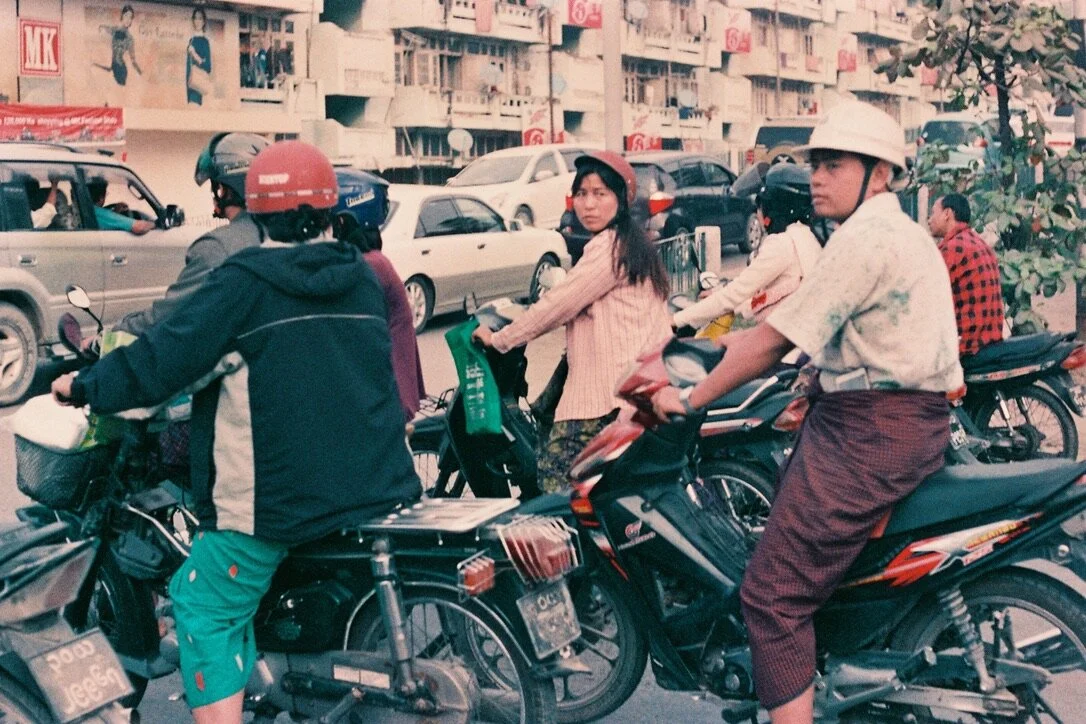Whilst multilateral reform and changing the current models of humanitarian financing are ultimately what is needed for systemic change, every agency could adjust the way that it develops programmes- and this small change has the potential to transform aid. Designing and delivering aid programs is a core function of most humanitarian organizations and therefore it is in the process that all humanitarian aid sectors needs to revisit to begin their equity-based, decolonial journey.
The politics of knowledge and the future of aid
Universities and research centers are important, non-traditional, humanitarian actors that actively participate in knowledge production and cadre formation for the sector, with a preponderance of global North institutions over the ones from the South.
There are, at least, three areas of opportunity for Higher Education Institutions (HEIs) in the global North to engage productively with the principles and objectives of the Grand Bargain proposed during the World Humanitarian Summit of 2016, so that humanitarian knowledge production can also jump into the “localization” wagon:
Technology for Tree Huggers
Are you unsure about how technology may be able to help you to achieve your humanitarian sector objectives? Do you want to understand where emerging and existing technologies can assist people that are in need?
Matt Twilley would like to share with you some of his experiences and open up some ideas on how potentially the use of technology in the right way can give you more opportunity to really help those in need.
The aid sector needs a new model
Aid is at a critical juncture.
The coronavirus pandemic is just the latest in a series of crises that have tested the logic behind our interventions; questioned our management abilities; and interrogated whether our values are truly just and transformative.
There are renewed calls for aid to change. But it seems most of it are tweaks to an inherently broken system, instead of a real pause and reflection to the very nature of our work.
Venezuelan migrants in Colombia: Is humanitarian aid enough?
Considering the large numbers of migrants, plus the already existent vulnerable population in Colombia, a solely humanitarian approach clearly falls short. There must be a bridge between humanitarian affairs and development. In that way, the migrants will improve their access to basic services, hence a better life, and at the same time, the host country and community will experience the positive effects coming from migration.
Ayudar es asunto de todos
Aid is everyone's business
El dilema recurrente del COVID-19 y la trampa de la ultra-solución
Acabar con los encierros es, como lo define Paul Watzlawick, “una ultra-solución”: un intento de arreglar un problema deshaciéndose de todo lo que tenga que ver con el mismo. Al caer en esta trampa, los gobiernos están utilizando la ultra-solución, arriesgándose a destruir tanto la economía, como la vida de las personas al final del túnel.
The recurring COVID-19 dilemma and the ultra-solution trap
A Letter for Humanitarians
New crises, same approaches. Why aren’t humanitarians evolving?
Géopolitique de l'Homophobie
L’homophobie est entendue comme les discriminations de tous ordres à l’encontre des personnes LGBT (lesbiennes, gays, bisexuelles et transgenres). Si «l’homophobie politique» est déjà connue en tant qu’outil de duplicité en politique intérieure, Michel Maietta explore davantage son pouvoir de manipulation, jusqu’à sa dimension géopolitique. L’auteur nous rappelle à quel point la protection des droits des personnes LGBT revêt une importance stratégique dans la défense plus large des droits de l’homme.
Who does the rebuilding...and the reimagining?
The value of research and foresight for building agile strategies
Using foresight to challenge the geopolitics of homophobia
Facetime versus Face-to-face time
Futures and Organisational Transformation
8 non-analytical things I learnt at an analysis training
In this piece Leonie reflects on a workshop which she attended in mid-June where she spent 3 days with the IARAN fellows: a group of humanitarian professionals with expertise that spans urban planning and UK asylum law to GIS and social entrepreneurship. They discussed how each of them, in their separate organisations can bring change to the humanitarian sector, for the better.




















